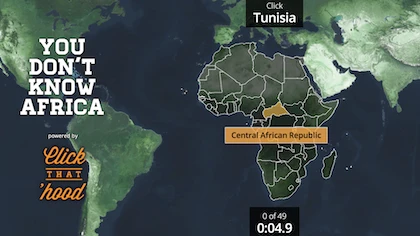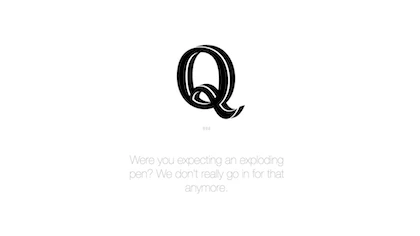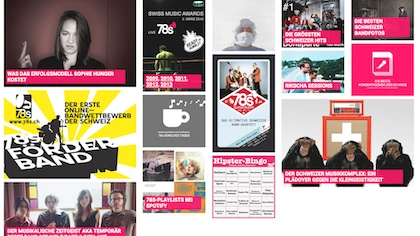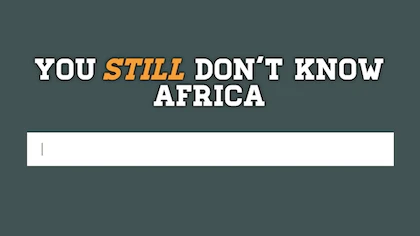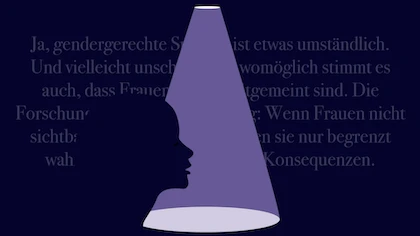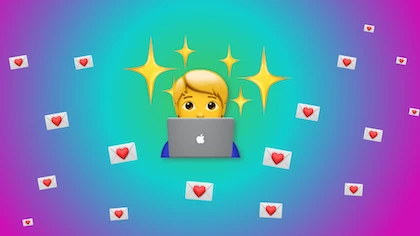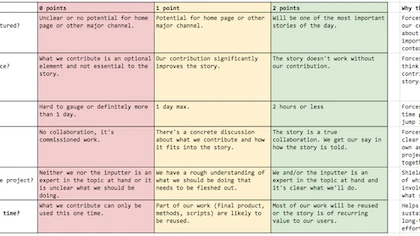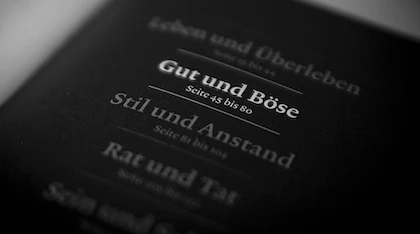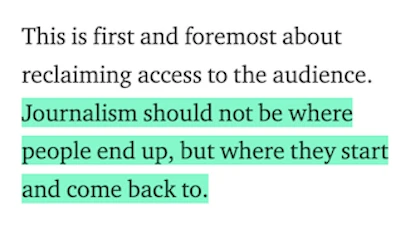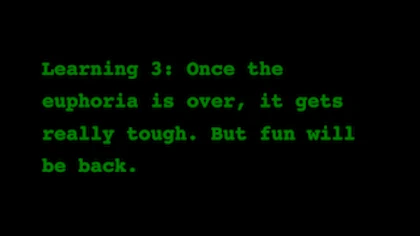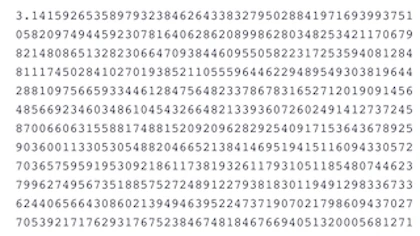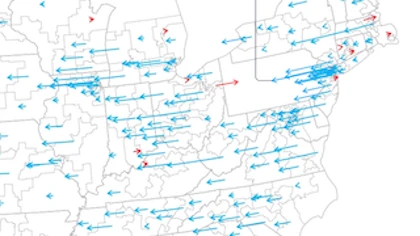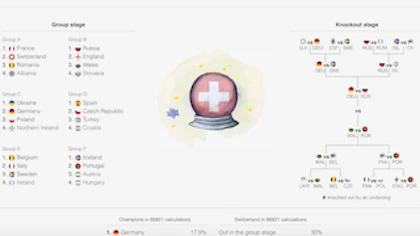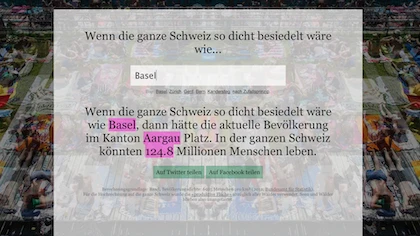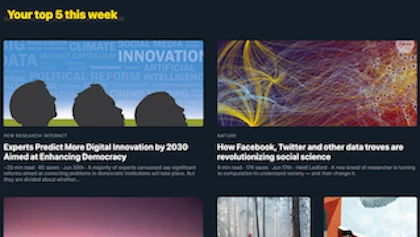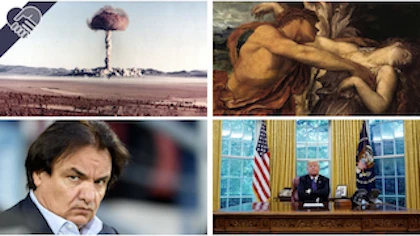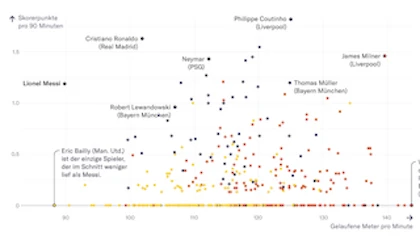What makes Johnny Cash so essential
September 14, 2008 (updated on March 14, 2022)
📨 If you like this article, you’ll like my newsletter, too.

By David Bauer
When Johnny Cash died, I did not care. Five years ago it was, but I did not remember until I looked it up. Johnny Cash was a name to me. A name that one knew, but that meant nothing to me. Love is a burning thing…nanana…ring of fire. And that was it.
Today, Johnny Cash is to my soul what oxygen is to my lungs – even though I discovered him only one year ago, by accident, in awkward circumstances. I watched the movie about his life, Walk The Line, on my laptop. The audio track was crap, so Cash started stuttering every few seconds. That was it: My “Hello, I’m Johnny Cash” moment. Johnny Cash introduced himself to me, but the man I saw was Joaquin Phoenix. I got to know his songs, but Joaquin Phoenix sung them. But still, it triggered something. I craved to learn more about this person and his music.
Pretty late I was. Cash had started his career some fifty years ago, and even the late milestones that made him known in my generation had already occurred a few years back: the movie and his late work, the “American Recordings” produced by Rick Rubin. Singing cover versions of some very well-known songs, Cash made a sweet offer to all those to whom even the word “Country” smelled a little funny. So Cash took the stage at the 1994 Glastonbury Festival amidst Britpop madness and was invited to be part of a Simpsons episode (where he gave his voice to a coyote). Yet it was his cover version of the Nine Inch Nails classic “Hurt” that eventually secured Cash a place in the 21st century. Today, Coldplay regularly cover his “Ring of Fire” at their concerts, and you even get to hear it when you wait on call-centre hotlines.
But what exactly is it that makes Johnny Cash so compelling, so essential? Even today, or maybe even more so today.
First of all, it is the music, of course. Country minus cowboy kitsch. Cash was a genius at making his songs easy with his guitar, while at the same time adding some true severity with his voice. A voice that did not fail to be haunting even when it became fragile in Cash’s late years. His version of “Hurt” is simply one of the most touching songs ever sung.
Cash’s songs are not complex; instead, they come down to a kind of musical trinity: a melody, a voice, a story. This is true of his whole discography, from his earliest songs like “Walk the Line” and “Folsom Prison Blues” to the last songs recorded shortly before his death. True mastery lies in reduction, as only few understand.
Yet it is not only the music that makes Cash unique, but just as much where it came from.
Cash’s biography is full of cracks, sparkling highs and dark lows. And there’s a love story that easily matches the great dramas of world literature: His relationship with June Carter is a recurrent theme running through Cash’s life. Their paths crossed early, in music and in private, and after some twists and turns, the musical duet turned into a love affair for eternity. Shortly before his seventieth birthday, Cash sang: “Love is love and doesn’t change in a century or two.”
This is another secret: Cash’s songs are deeply rooted in life, so they just keep growing and growing.
Today, bands are disposable commodities. The music industry has turned into a rushing merry-go-round where you jump on only to be thrown off the next second. Everyone gets their 15 minutes of fame, but that’s it. You rarely find true personalities in music, whose biography and work develop together, musicians that have something to say.
But why Cash? Why not Presley, why not Dylan, why not Cohen? I don’t know. Comparing quality does not help. Music is not either good or bad, it’s only about one thing: Does it touch you? Cash touches me to the quick, while with Elvis, I feel nothing.
What makes the difference is this je-ne-sais-quoi that you cannot describe, only experience. Like the other day, when I came across Johnny Cash again.
On the very evening I have to let my personal June Carter go, I zap through glimmering TV programmes, lost in thought, and suddenly, I come across Walk the Line. Johnny Cash and June Carter singing “Jackson.” No further evidence is needed: You do not look for Johnny Cash; he finds you.
I switch off the telly, pull everything from Johnny Cash out of my record collection and let song after song have its effect on me. It’s at moments like these that all the power of Johnny Cash’s music unfolds. His music is the good friend that comforts you without pity. The friend who lays his hand on your shoulder and says: You’re right; life’s a monster that eats you. But if you’re tough enough, if you believe in yourself and the good in life, it will spit you out again.
Learning from Johnny Cash is learning about life. If you listen very closely, you might even understand it one day, that strange thing, life.
Originally published in German in the Basler Zeitung, September 11 2008. Edited by Andrew Shields.
